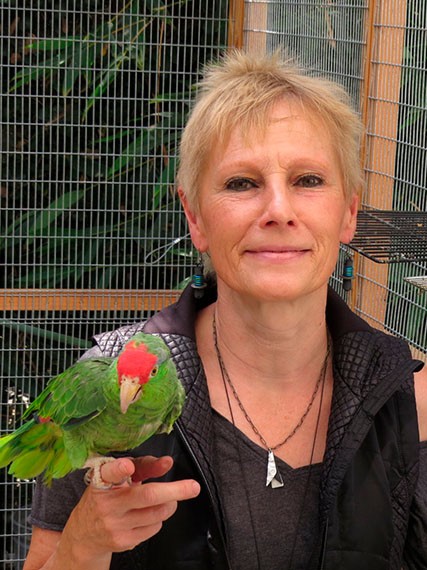The well-known biologist and conservation advocate Edward O. Wilson postulated in the 1980s that biophilia, an interest in and affection toward the natural world, is an innate human tendency. Yet we continue to confront alarming rates of environmental degradation and biodiversity loss in the twenty-first century. Scholars in the environmental humanities and social sciences have focused on the way that social structures, cultural practices, and historical memories rather than inborn tendencies shape attitudes toward nature, nonhuman species, and visions of environmental futures. Narratives, in particular the culturally shared story patterns often called “masterplots,” play a central role in influencing such attitudes.
This lecture by Professor Ursula K. Heise —Marcia H. Howard Term Chair in Literary Studies in the Department of English and the Institute of Environment and Sustainability of the University of California, Los Angeles (UCLA), United States, and winner of the 6th BBVA Foundation Biophilia Award in Environmental Humanities and Social Sciences— will focus on the strategies that environmentalist narratives across different media have adopted to foster biophilia by representing environmental crises and futures from the perspective of animals and sometimes even plants. The Spanish documentary film-maker Félix Rodríguez de la Fuente pioneered such narrative strategies in his 1970s radio and television series, especially El hombre y la Tierra, and they have since been used in fictional and nonfictional approaches to nature across a wide variety of regions, languages, and cultures. These stories not only open up new experiential worlds beyond the human for their audiences, but also visions of ecological “optopias”: not the perfect societies envisioned by utopian projects, but improved societies whose citizens and institutions give moral and legal consideration to nature and nonhuman species, in a new approach to the future shapes of biophilia.
The lecture will be delivered following professor Heise’s reception of the Biophilia Award.


